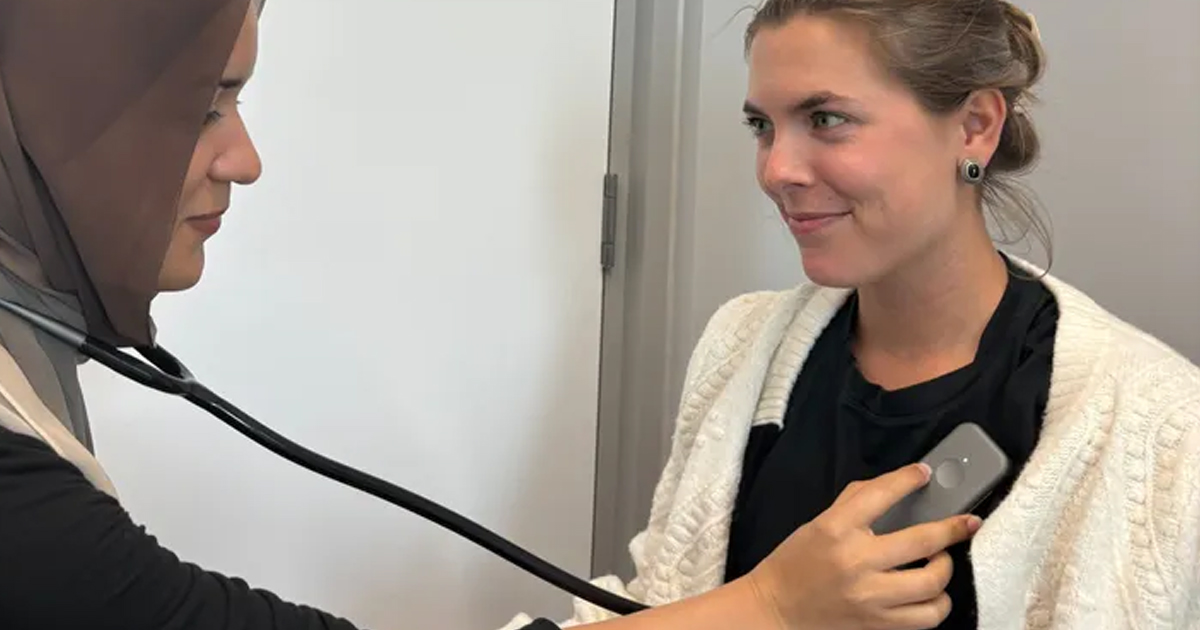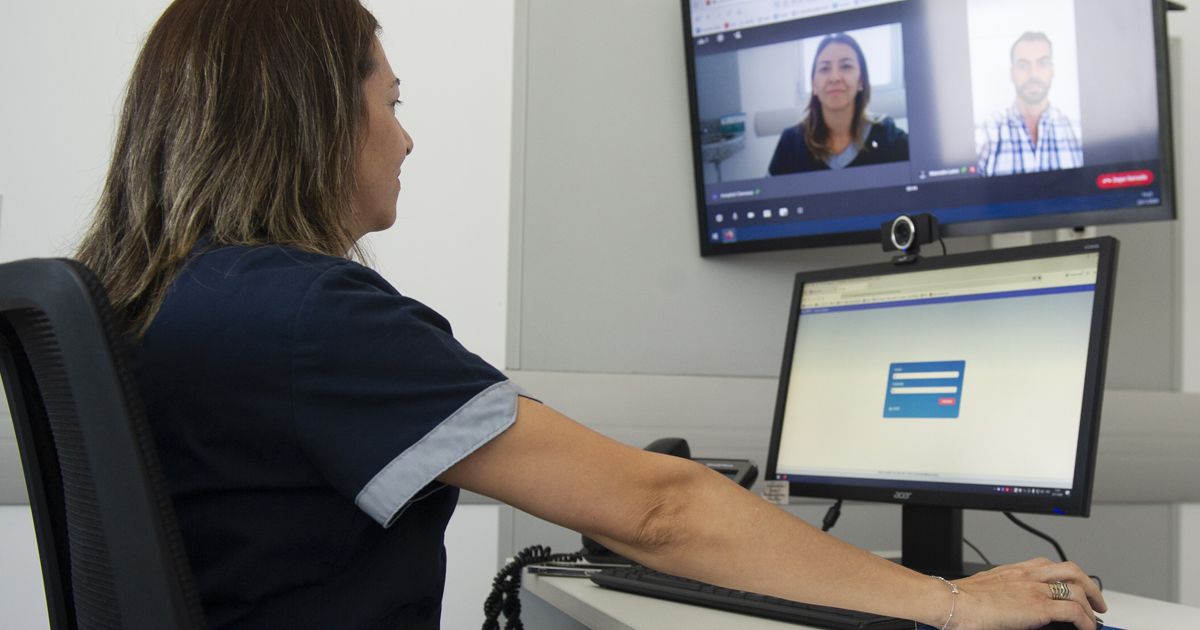Investigadores en genómica mostraron los hallazgos de un sistema virtual automatizado para el diagnóstico de enfermedades genéticas en 13.5 horas.
Las enfermedades genéticas son siempre un caso especial debido a que los médicos de primera línea pueden no estar familiarizados con estas, por lo que un diagnóstico oportuno puede no mejorar los resultados. Si los tratamientos no se implementan rápidamente estas enfermedades pueden progresar de manera acelerado a una mortalidad o morbilidad severa.
Una investigación publicada en Nature Communications exploró el uso de Genome-to-Treatment también conocido como GTRx, un sistema virtual automatizado para el diagnóstico de enfermedades genéticas y orientación para el manejo agudo. El principal elemento de esta investigación fue que, utilizando la plataforma virtual automatizada, fue posible realizar un diagnóstico en 13.5 horas por medio de secuenciación acelerada de genoma completo.

Actualmente se conocen 72 mil trastornos genéticos que cuentan con una gran proporción de morbilidad y mortalidad pediátrica especialmente en unidades de cuidados intensivos, neonatales, pediátricas y cardiovasculares. Además, se estima que alrededor del 30% de los 140 millones de infantes que padecen enfermedades genéticas raras no sobrevivan hasta su quinto cumpleaños. Por ello la importancia de un diagnóstico acertado y rápido que permita implementar el tratamiento lo más pronto posible.
“La falta de familiaridad con el manejo de enfermedades genéticas raras específicas conduce a retrasos en la consulta y a la pérdida de oportunidades de tratamiento que anulan el objetivo del diagnóstico rápido. GTRx se desarrolló tanto para aumentar la proporción de niños que reciben un tratamiento inmediato óptimo como para facilitar un uso más amplio de la secuenciación del genoma completo de diagnóstico rápido (rWGS), como en los hospitales locales de maternidad con personal de neonatólogos de primera línea”, explica el estudio.
El GTRx es un sistema prototipo que utiliza 13.5 horas para realizar diagnósticos automatizados de enfermedades genéticas, su principal objetivo fue ampliar el uso de rWGS por parte de médicos de primera línea que entienden a bebés y niños gravemente enfermos en UCI.
Sin embargo, actualmente abarca 500 enfermedades genéticas con la característica de que progresan de manera acelerado, y tu objetivo es prever la extensión del sistema a todas las enfermedades genéticas conocidas, “lo que permitirá a los médicos de primera línea desempeñar un papel mucho más activo en la evaluación de posibles etiologías genéticas y sus consiguientes terapias en sus pacientes”, según explican los autores del estudio.
Conoce más sobre Genome-to-Treatment: https://www.nature.com/articles/s41467-022-31446-6







